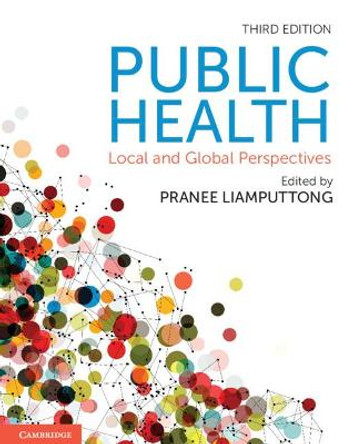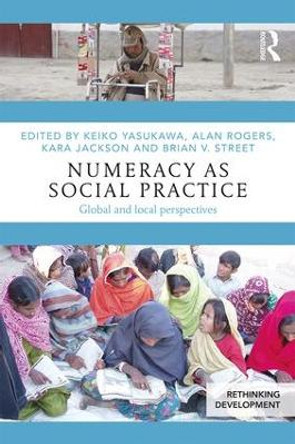In a globalised world, the wealthy elite and the rough sleeper negotiate the same streets, jostling for space in the doorways of shops selling luxury goods, thus the winners and losers of global capitalism meet in the same urban spaces. While the visibility of rough sleepers has become a shorthand to frame poverty and inequality, homelessness is not confined to the doorways of cities. It is experienced in a multitude of different ways: as single homeless people living in hostels, shelters and temporary supported accommodation, as those 'sofa-surfing' and living in overcrowded accommodation and as those who are termed 'statutory homeless', waiting for a house from a social housing provider. Homelessness is recognised as a multi-dimensional phenomenon. The issue of homelessness and social exclusion has received increasing attention in the wider arena of health and social care policy and practice, the issue of homelessness and health has been the focus of recent Public Health attention in Scotland. Positioned within a health inequalities framework, homelessness is understood to be 'both a consequence and a cause of poverty, social and health inequality'. Homeless people experience poorer physical and mental health than the general population and present a higher prevalence of physical, mental and substance misuse issues. The main aim of this book is to support readers wishing to understand issues of homelessness, social exclusion and health at a local level but to do so by framing these issues in a global context. It expands notions of health by drawing on disciplines outside the fields of housing and health to better comprehend the ways that stigma, identity and urban geographies shape, frame and present homelessness, especially for those who are rough sleeping.
About the AuthorDr Fiona is a lecturer in Nursing Studies at the University of Edinburgh with a particular interest in health inequalities, social exclusion and the ways in which poverty impacts on health.
Reviews'The book raised questions for me about whether separate services (charities, health services, social services, housing, etc.) could address the issues of homelessness satisfactorily, and whether British society is willing to spend the money to develop and deliver co-ordinated, comprehensive, inclusive services that acknowledge the complexities that result in homelessness, and the additional complexities of reaching out to help homeless people in constructive ways. I recommend this book for its thoughtfulness and insight on the problems of homelessness.' European Journal of Social Work
Book InformationISBN 9781780460710
Author Fiona CuthillFormat Paperback
Page Count 176
Imprint Dunedin Academic PressPublisher Liverpool University Press







